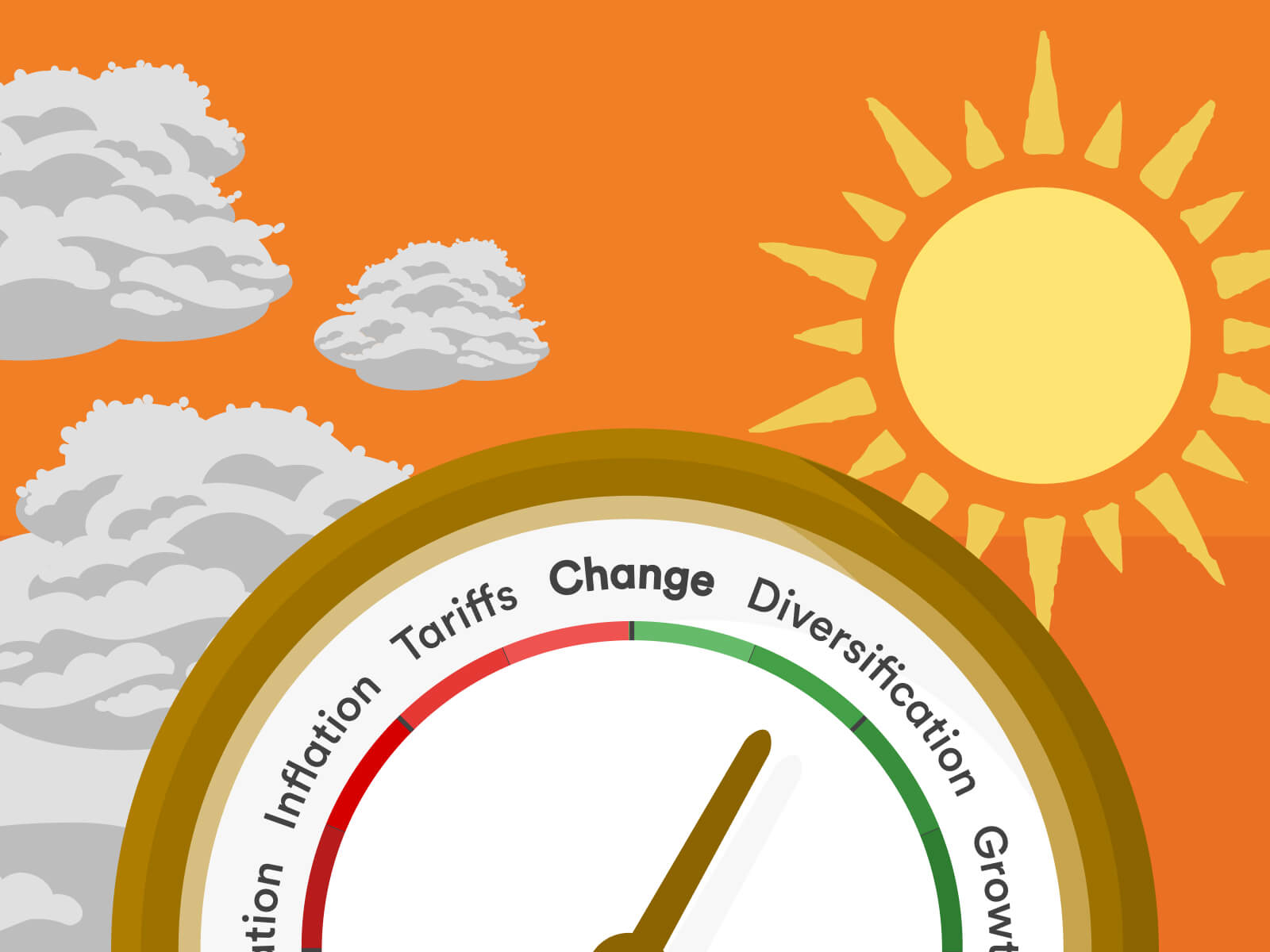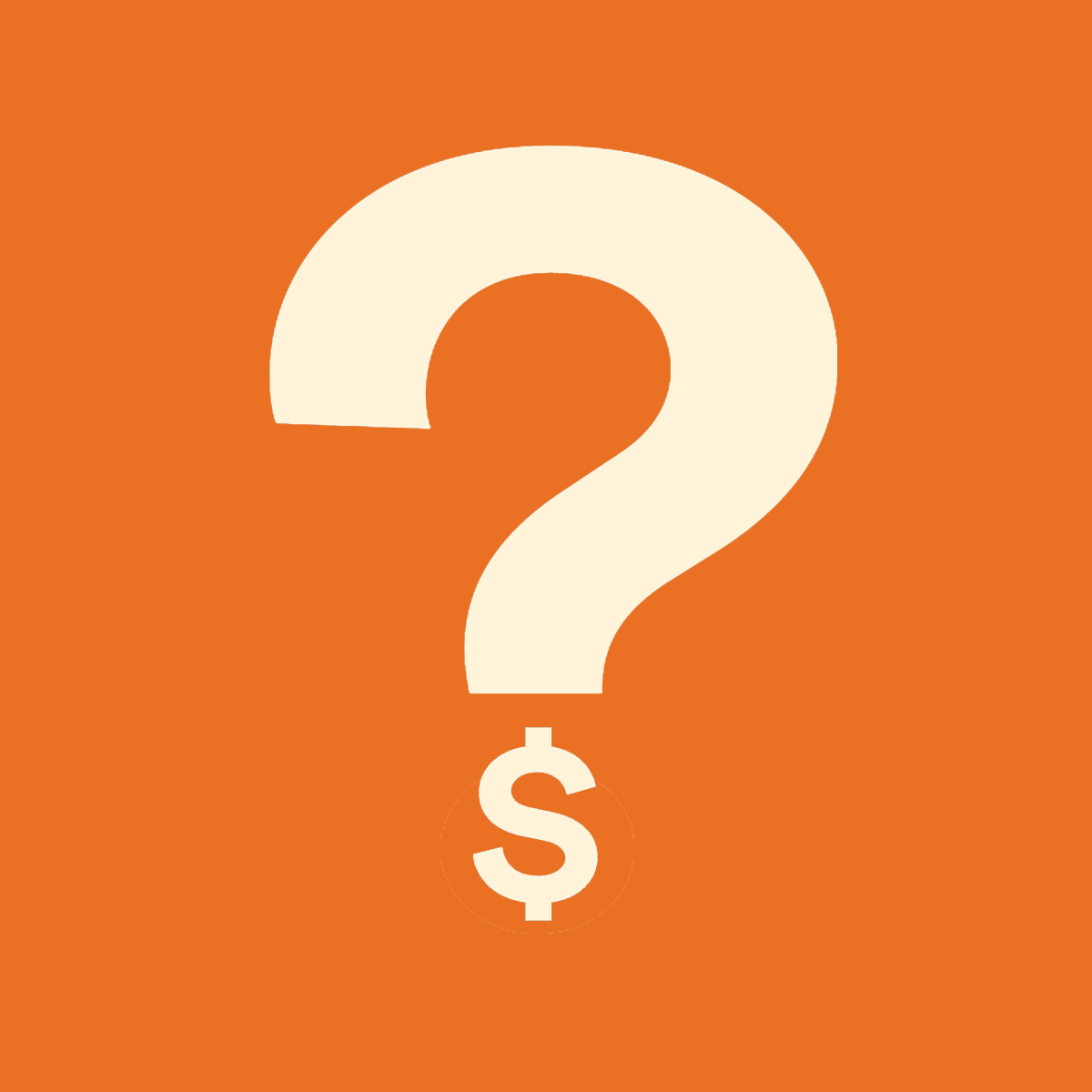RSP vs TFSA: Understand the difference
Do you know the differences between RSPs and TFSAs? Consider this a crash course.
Both can consist of savings accounts, GICs, stocks, bonds, mutual funds and ETFs (plus your hopes and dreams, of course).
And they're both designed to help you save and invest.
At a glance
| RSP | TFSA | |
|---|---|---|
| What does it stand for? | Retirement Savings Plan, also called a Registered Retirement Savings Plan or RRSP | Tax-Free Savings Account |
| Goal timeframes | Long-term saving or investing (intended for your retirement) | Suitable for short, medium or long-term saving or investing |
| Tax benefits | Tax-deferred growth. Contributions can be deducted from your taxable income. | Tax-free growth. Withdraw funds at any time without paying taxes on your withdrawal. |
| Contribution limits | 18% of the earned income reported on previous year's tax return, up to a maximum of $32,490 for 2025 | $7,000 in new contributions for 2025 (plus any room you didn't use up in previous years) |
| Key dates | March 2, 2026: The contribution deadline for claiming against your 2025 income taxes | January 1, 2026: On this date more contribution room ($7,000) opens up in your TFSA |
| Carry-forward rules | Unused contribution room is carried forward for future years | Unused contribution room is carried forward for future years |
Let's break it down…
RSPs
So what exactly is a Registered Retirement Savings Plan? (You'll see these called RRSPs and RSPs – both are essentially the same.)
As the name suggests, the federal government created RSPs to encourage Canadians to put away money for retirement.
Any increase in value and income earned on the money you hold in your RSP is tax-deferred – meaning it's protected from income tax until you withdraw it, ideally when you retire – at which point, your tax bracket will likely be lower, so the money will probably be taxed at a lower rate than when you earned it.
The amount you contribute to an RSP can be claimed to reduce your taxable income. For many people, that means a refund at tax time.
Bonus point: If you're a first-time homebuyer, you can withdraw up to $60,000 from your RSP towards the purchase of that home as part of the federal Home Buyer's Plan incentive. You then have 15 years to repay the withdrawn amount.
Similarly, the Lifelong Learning Plan allows you to withdraw up to $20,000 for full-time training or education for yourself, or a spouse/common-law partner. You then have 10 years to repay the amount.
Setting aside money for future you can be a breeze
Our simple RSP options make it easy to build your retirement nest egg.
TFSAs
So what exactly is a Tax-Free Savings Account?
It's a way of saving or investing money for both long-term and short-term goals, without having to pay income tax on the growth.
Unlike an RSP, with a TFSA, you don't pay tax on money you withdraw from your account. That's what makes it “tax-free," and not “tax-deferred."
That means you'll be able to keep all of what you save and earn in your TFSA, as long as you don't go over your contribution limits.
As a result, TFSAs are suited to either long-term or short-term goals, making them great for everything from emergency funds to saving up for a big expense down the road, including retirement.
Get a TFSA in minutes
Sign up using the Mobile Banking app or tangerine.ca
Decisions, decisions…
So how do I know which one is right for me?
Here are some of the main considerations:
If you're in a high tax bracket now, and think you'll be in a lower tax bracket down the road, RSP contributions probably make more sense.
If you're in a low tax bracket now, and think you'll be in a higher tax bracket down the road, consider a TFSA for now.
If you think your tax bracket now will remain steady down the road, your decision may be based more on whether you prefer an upfront refund on your whole contribution with an RSP, or the greater flexibility of a TFSA.
Dos and don’ts
Here are a few general tips that apply to both kinds of accounts:
- Don't be reluctant to start saving or investing. Even small amounts add up over time.
- Do save on a regular basis: stay committed. An Automatic Savings Program can help.
- Don't treat your TFSA or RSP like a regular savings account. Rules and tax implications impact when and how you should access this money.
- Do know your money personality. Set realistic goals that will work with your spending style and habits.
- Do save an emergency fund outside your RSP. RSPs are meant for long-term security, not for quick cash.
Now that wasn't so hard, was it?

